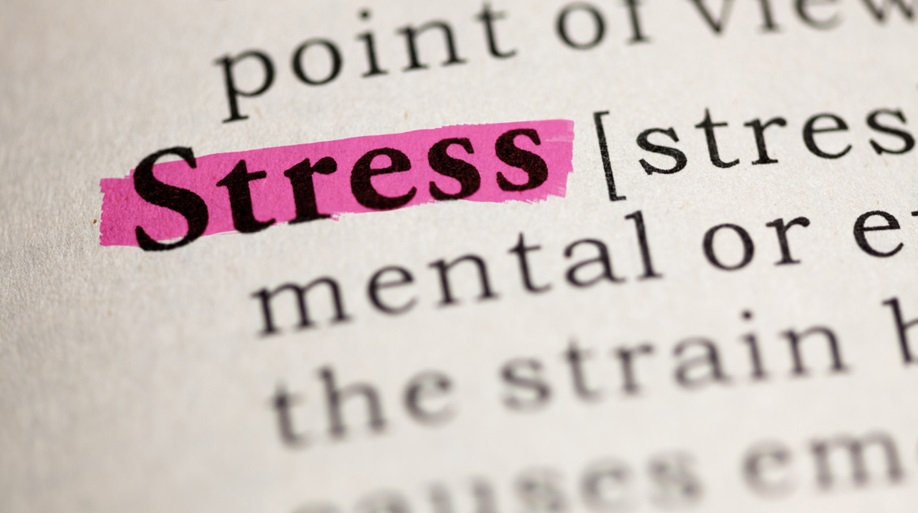Chronic stress affects countless individuals, quietly impacting physical and emotional well-being over time. It can manifest in persistent fatigue, mood changes, and even bodily illnesses. One effective solution lies in exploring medical psychiatry in NYC, a comprehensive approach to treating stress-related conditions and improving overall mental health. This specialized care addresses immediate symptoms and equips patients with tools to build long-term resilience. Fostering a sense of relief and stability paves the way for sustained mental well-being and a more balanced life.
Understanding Chronic Stress and Its Impact
Stress is a natural part of life, but when it becomes chronic, it can lead to serious health issues. Chronic stress often affects the immune system, causes emotional strain, and heightens the risk of long-term mental health challenges. Studies also suggest that prolonged exposure to stress can escalate conditions like depression, anxiety disorders, and cardiovascular problems.
Addressing these challenges early, medical and psychiatric treatment offers a proactive way to prevent lasting damage. It combines medication, therapy, and tailored mental health plans to tackle the underlying issues that fuel chronic stress.
The Role of Medical Psychiatry in Stress Management
Medical psychiatry focuses on the connection between the mind and body. Treatments in this field are specifically designed to not only alleviate symptoms but also target the root causes of chronic stress.
Holistic Diagnostic Approach:
Unlike general stress-relief techniques, this treatment involves a detailed evaluation of mental, physical, and behavioral factors to design a personalized plan.
Medication and Therapeutic Support:
Medications such as antidepressants or anti-anxiety drugs may be prescribed to regulate chemical imbalances. These are often complemented by therapies like cognitive-behavioral therapy (CBT) to address thought patterns that contribute to stress.
Tailored Stress Reduction Strategies:
Patients receive coping tools ranging from mindfulness practices to lifestyle adjustments that work in tandem with psychiatric care to manage their stress more effectively.
Link Between Chronic Stress and Physical Health
Emerging research highlights the profound effects of chronic stress on physical well-being. According to an insightful guide on the distinctive impacts of acute and chronic psychological stress on airway inflammation in a murine model of allergic asthma, unmanaged stress can intensify inflammatory responses, exacerbating existing health conditions like asthma and allergies. This underscores the need for a carefully managed treatment plan to handle both the mental and physical impacts of stress.
The Importance of Following Through with Psychiatric Care
Sustainable recovery isn’t achieved in a one-time intervention. Ongoing follow-ups with psychiatric professionals ensure that treatment plans adapt to the changing needs of patients. For more insights, a guide on the importance of psychiatric follow-up for sustainable mental health recovery highlights how consistent support can make a significant difference in long-term mental health outcomes. Such follow-ups provide patients with the strength to manage stress and prevent relapse effectively.
Conclusion
Chronic stress doesn’t just affect your present but also dictates your future physical and emotional health. Seeking medical and psychiatric treatment offers a structured, scientifically-backed pathway to recovery. By addressing your stress comprehensively, you regain control over your mental health and improve your overall quality of life.






